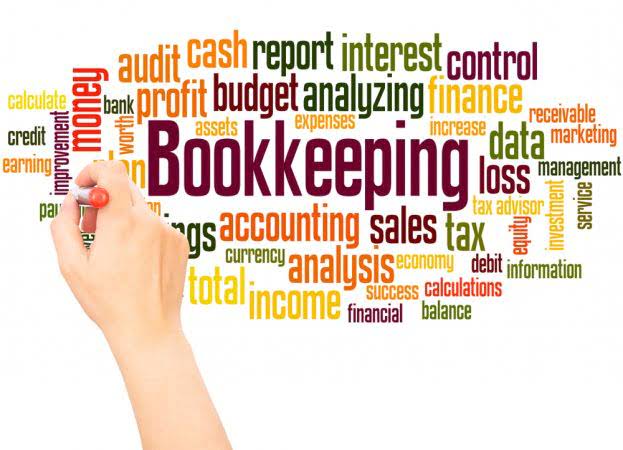Fundamentals of Accounting Accounting Basics

Since our books are web based, we can make updates periodically when deemed pedagogically necessary. If you have a correction to suggest, submit it through the link on your book page on openstax.org. OpenStax is committed to remaining transparent about all updates, so you will also find a list of past errata changes on your book page on openstax.org. This course is designed for anyone who wants to review the fundamentals and building blocks of the accounting process. It will also be useful for professionals who work in finance and want to review the concepts required for financial modeling and valuation in CFI’s later courses. If you own a business or are considering entrepreneurship, you need to understand basic accounting principles to be successful.
- The topics included are consistent with intro accounting courses.
- Without these rules and standards, publicly traded companies would likely present their financial information in a way that inflates their numbers and makes their trading performance look better than it actually was.
- In the final week you will also be introduced to the income statement (also known as the profit and loss statement) and how it fits with the accounting equation and the balance sheet.
- Table 3.1 shows the normal balances and increases for each account type.
- There are some changes (e.g. analytics) that changing the way accountants work.
The conceptual framework helps in the standard-setting process by creating the foundation on which those standards should be based. It can also help companies figure out how to record transactions for which there may not currently be an applicable standard. Though there are many similarities between the conceptual framework under US GAAP and IFRS, these similar foundations result in different standards and/or different interpretations. In this Specialization, you will learn the fundamentals of both of these purposes of accounting. More specifically, you will understand the financial statements that managers create, and be able to interpret and analyze these statements to assess the financial position of the organization.
Tips to improve your accounting skills
Every unique transaction needs to be recorded so that it is reflected correctly. All expenses such as costs to acquire, repair, and upgrade need to be accounted for. Additionally, every sale record must be stored so it all sales transactions are in one place. The work performed by accountants is at the heart of modern financial markets.
Tom is a partner at the firm and specializes in tax matters, accounting, and business consulting. He graduated from SUNY Geneseo and started his CPA practice in 1986 after 3 years with a local CPA firm. We also allow you to split your payment across 2 separate credit card fundamental accounting transactions or send a payment link email to another person on your behalf. If splitting your payment into 2 transactions, a minimum payment of $350 is required for the first transaction. Our easy online application is free, and no special documentation is required.
Is financial aid available?
I could be wrong, but I did not see evidence of that in this text. Of course, I could create such a homework system with our university’s blackboard system but it would be a great deal of work, especially if a robust and comprehensive (content) system was created. Again, if I missed that type of technology and content, I apologize.
- Financial reports that abide with accounting standards ensure regulatory compliance as well as make comparing financial positions simpler.
- The book has good graphics, end of chapter content, and even video examples.
- Dixon Cooper received his BBA in Accounting and MS in Taxation from the University of North Texas.
- The content within the chapters can be broken-down and assigned as instructor plans for the course length.
- An accounting software tool can take the complexity out of accounting.
This concept is called the separate entity concept because the business is considered an entity separate and apart from its owner(s). David Annand, EdD, MBA, CA, is a Professor of Accounting in the Faculty of Business at Athabasca University. As allies in making high-quality learning materials accessible, our technology partners offer optional low-cost tools that are integrated with OpenStax books.

Responses